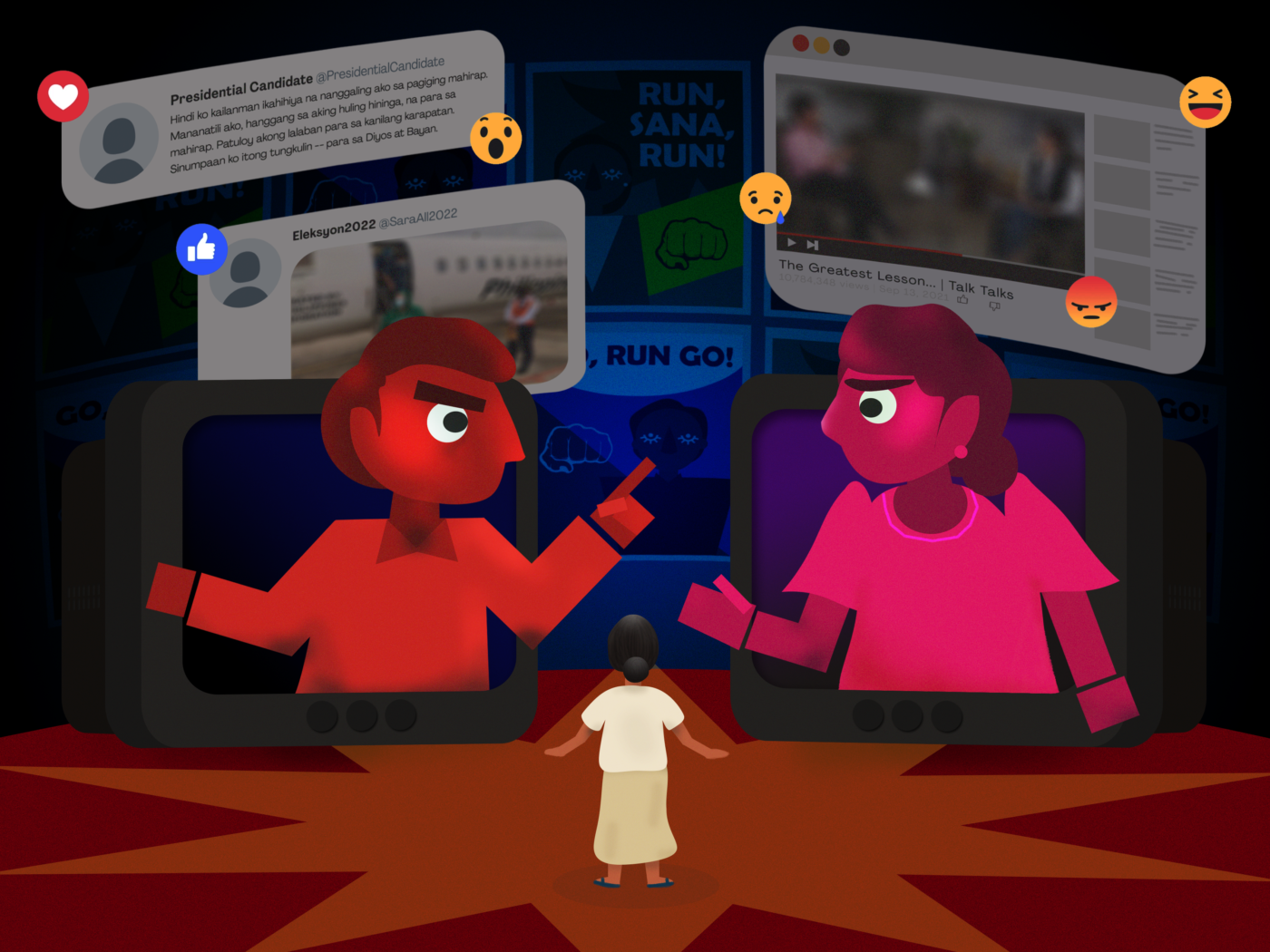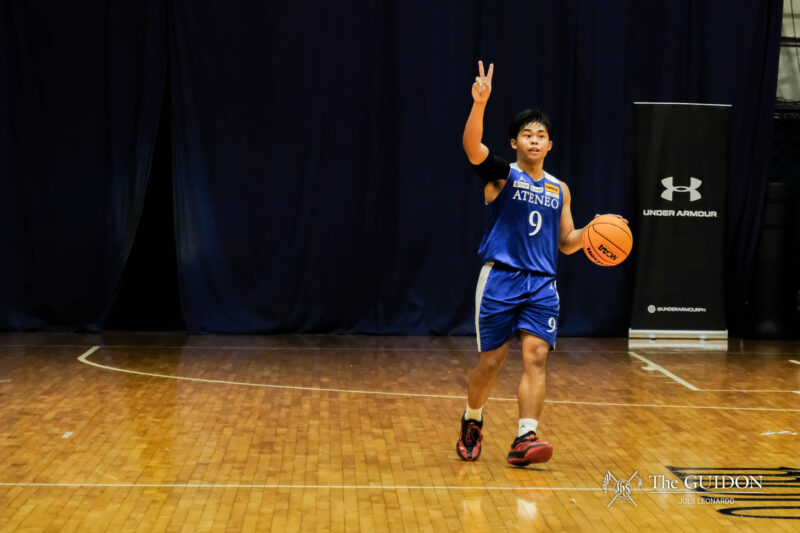WITH THE end of certificate of candidacy (COC) filing last October 8 and voter registrations on October 30, the 2022 Philippine national elections rears closer each day. Arguably the most crucial election in the nation’s recent history, aspirants and supporters alike from all political spectrums have already mobilized themselves before the campaign season officially begins.
For those familiar with the Philippine Omnibus Election Code (OEC), such premature politicking skirts the border of what is punishable as an electoral offense. Though for the most part, these acts have largely been left unbothered. As a result, the time between the COC filing and the official campaign period have been marked by political hopefuls treading the grey areas of election protocol.
Charm campaigns
Long before the Commission on Elections (COMELEC) started accepting COCs, many aspiring candidates already began making public appearances through various platforms. In two separate episodes from her Toni Talks Youtube series, Filipina actress Celestine “Toni” Gonzaga sat down and interviewed presidential hopefuls, Ferdinand “Bongbong” Marcos Jr. and Senator Emmanuel “Manny” Pacquiao Sr. During the latter’s interview, Pacquiao took the opportunity to discuss his intentions to run for president.
Similarly, Manila Mayor Francisco “Isko” Domagoso and Vice President Leonor “Leni” Robredo also found themselves in front of the camera and public eye. While being interviewed in the ABS-CBN News Channel’s Headstart with Karen Davila, Domagoso confirmed his intention to run for the 2022 elections, though did not specify which position. Robredo likewise alluded to her openness to run for president during an interview with Filipina broadcaster Karen Davila on her Youtube channel of the same name.
All these public appearances happened way before the official campaign season started and when filing of COCs even opened. “That’s already premature campaigning, you know it is,” said COMELEC spokesperson James Jimenez in an interview with CNN Philippines. However, no law prevents or prohibits aspiring candidates and their supporters—either public officials or private citizens—from making public appearances or campaigning before the filing of COCs.
In fact, the Philippine electoral code is explicit that such acts are not prohibited, seemingly enabling aspirants to campaign prematurely provided they are not marked as official candidates for election. Until the release of the official candidates list, it would seem that the pre-campaign season is anyone’s charm game.
Courting camps
The process of wooing political parties also started well before the filing of COCs. Several presidential aspirants had met to propose coalitions prior the filing of COCs to boost odds of electoral success. Although no agreements were made among self-styled opposition and administration bets, the meetings fueled support from their bases.
Speculation stemming from these talks still persist as the COMELEC has yet to finalize the official list of candidates, leaving the door to substitutions open. This has caused critics to label candidates such as Senator Bato Dela Rosa—who expressed a willingness to withdraw for another candidate—as a “nuisance candidate.”
Some senators have since filed a bill limiting substitutions to strictly enforce the COC deadline and deter “placeholders.” According to the COMELEC Campaign Finance Office’s Officer-in-Charge Atty. Efraim Bag-Id, however, “[substitution] is a privilege of the political party…not the candidate.” Despite the lack of a final ballot, nothing has kept aspirants from promoting their bids for office.
Given leeway by lax pre-campaign policy enforcement, aspirants started organizing gatherings to improve their public image or discredit their rivals. In an instance of negative campaigning during a speech, Moreno lambasted Robredo for allegedly running solely to oppose Marcos and “leaving” Liberal Party to run as an independent candidate. Negative campaigning—including disinformation and smears—is not new to Philippine elections.
Bag-Id noted that negative campaigning is legal during the official campaign period but can still be subject to defamation suits if done outside the period. The COMELEC has, with the exception of COC filing and verification, limited jurisdiction over the actions of aspirants outside of the official campaign period.
COMELEC countermeasures
Aspirants have been able to flout election protocol due to a Supreme Court decision in 2009, ruling that under Republic Act 8436, no “candidate” can be charged for a campaign offense before the official campaigning period. Bag-Id equally emphasized that “Ang premature campaigning, hindi niya macommit…before [the] campaign period, [kasi] wala pang kandidato (premature campaigning cannot be committed…[because] there are no candidates before the campaign period).”
Aspirants are, Bag-Id said, practically free to engage in promotional activities before the campaign period. Similarly, he added that campaign spending does not include expenses incurred for materials used only before or after the period.
Private citizens have also begun to produce collaterals, organize gatherings, and donate funds to their candidates. While not banned, the OEC requires private citizens to obtain prior consent from the relevant candidate, party, and COMELEC when starting these initiatives during the campaign period. Donations—regardless of value—Bag-Id noted, must be reported to the COMELEC by both the recipient and donor and reflected on the Statement of Contribution and Expenditures.As the official campaigns have yet to be launched, the COMELEC is relying on individual compliance in election protocol. Bag-Id stressed that aspirants for public office and their supporters should voluntarily comply with election laws in the spirit of fairness. Although the COMELEC has no legal recourse, it still urges aspirants to put election activities on hold until the official campaigning period takes effect.




